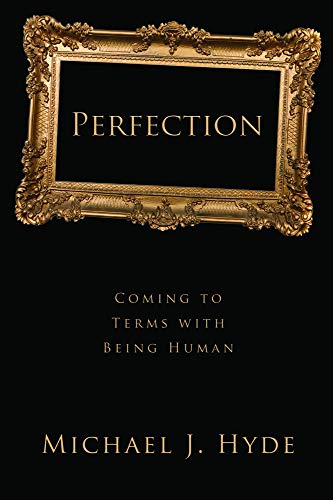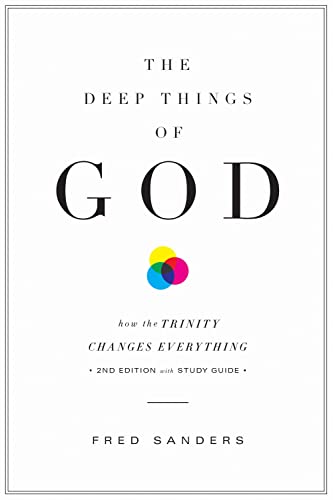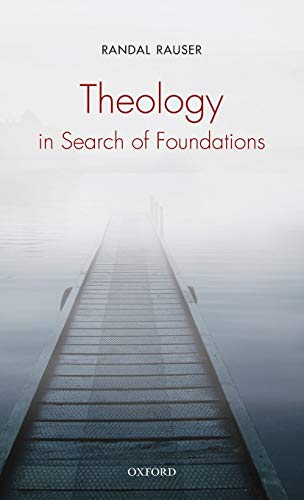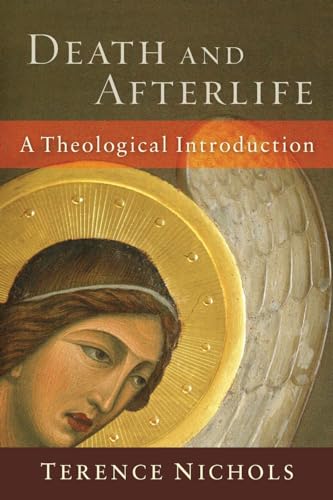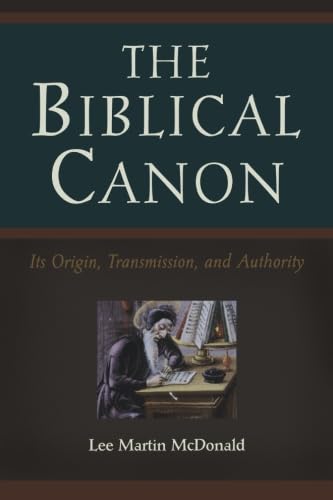The sheer quantity of resources available to students of biblical and theological studies is staggering. The tool chest of the modern-day scholar is filled with computer programs that will parse and itemize classical texts at the stroke of a key, available searches for key words in digitized volumes, encyclopedic articles on nearly every subject imaginable, and a host of commentaries on ancient texts and specified monographs on individual pericopae and themes. This spike in scholarly aid, however, has not been without its adverse effects. There is what George Steiner called a “mandarin madness of secondary discourse” that infects thought and sensibility. We now talk about talk, “and Polonius is master.”
A slightly awkward need, therefore, has arisen for a literature on secondary literature. We have seen several of these sorts of studies crop up on various issues ranging from commentary surveys to summaries of historical Jesus scholarship. Deo Publishing has launched its Guide to Advanced Biblical Research series to meet this need by producing monographs on each book of the NT that (1) chart the current state of scholarship on the particular book/letter and its critical issues; (2) offer sample exegeses and readings/approaches to the various writings; (3) provide an annotated bibliography of the writing; and (4) suggest what future areas of research remain open. The series currently consists of one volume: the Gospel of Mark. And its author is the Markan expert William R. Telford.
Writing on the Gospel of Mark is intended to supply readers of Mark “whether established academic or postgraduate student, with the relevant tools for researching and writing on Mark” (p. xvii). Though not expressly intended for pastors and teachers, the volume is organized well enough that if, say, a sermon series on Mark’s Gospel was in the works, Writing on the Gospel of Mark would prove a useful guide to the best secondary literature on the Gospel. Its title is something of a double entendre, I imagine, in that it is a volume both on the literature (writing) of Mark’s Gospel and intended for those who wish to study (write on) Mark’s Gospel.
The volume is organized by the four-fold criteria mentioned above. Part 1, “State of Scholarship,” is categorized by general aids and tools, dissertations and monographs, topics and themes, passages, and methods and approaches. Part 2, “Sample Exegeses and Readings,” consists of historical and social-scientific approaches, literary approaches, theological approaches, and ideological and ethical approaches. Part 3, “Classified/Annotated Bibliography,” is structured around general aids and tools, dissertations and monographs, methods and approaches, topics and themes, and passages. And Part 4, “Future of Research,” covers history and social context, literature, theology, ideology and ethics, passages, and methods and approaches.
More than a mere reproduction of abstracts, this volume represents a guided tour through the mangled labyrinth of Markan studies by one of the field’s foremost authorities. Telford displays an admirable deftness at order and summary with an economy of words. Though from time to time there is the repetition of singular articles in the various bibliographical listings and though one wishes for more specificity in Part 4, the series and its maiden monograph is a welcome addition to the theological library.
Michael J. Thate
Michael J. Thate
Durham University
Durham, England, UK
Other Articles in this Issue
Most of our readers are theological students and pastors...
The Dazzling Darkness of God’s Triune Love: Introducing Evangelicals to the Theology of Hans Urs von Balthasar
by Stephen M. GarrettJürgen Moltmann observes that Christian theology and the Church face “a double crisis: the crisis of relevance and the crisis of identity...
Plots, Themes, and Responsibilities: The Search for a Center of Biblical Theology Reexamined
by Daniel J. BrendselIn the prolegomena to his “approach to biblical theology,” Charles H...
Since the mid-twentieth century biblical scholars have increasingly accepted that the texts of the Bible must be interpreted in terms of their literary genres...
The present age tends to regard polemics, theological controversies, and all-round doctrinal fisticuffs as, at best, a necessary evil, at worst, one of the most revolting aspects of Christianity...



